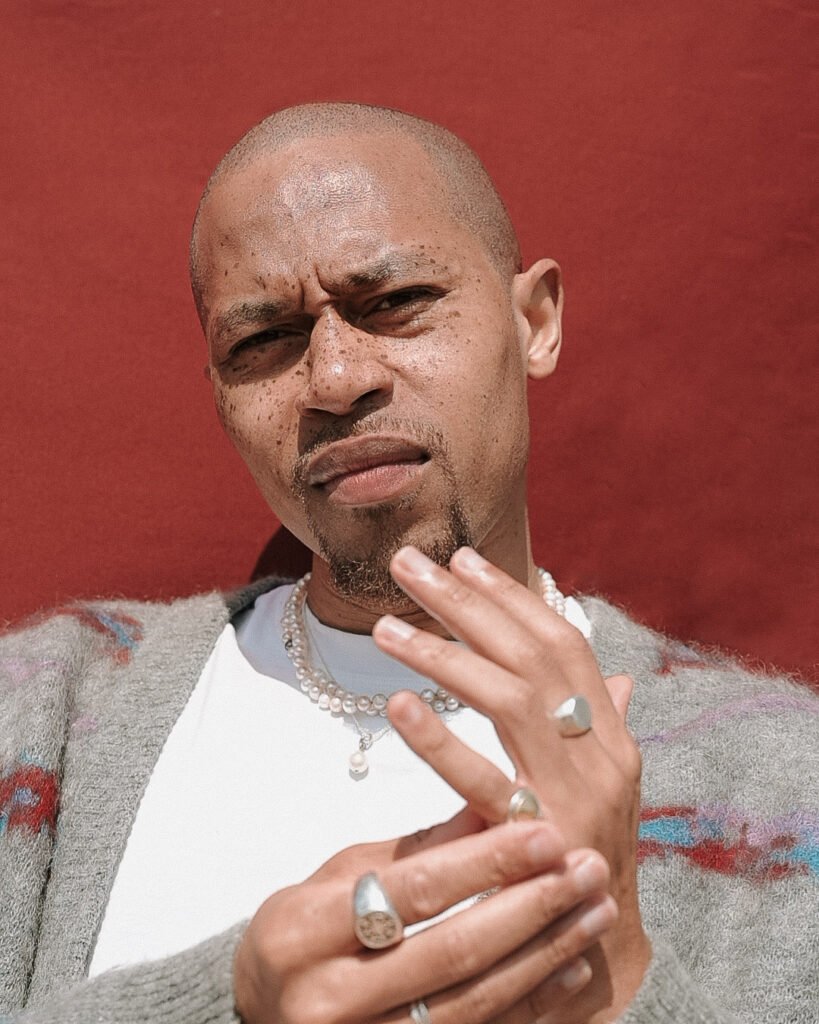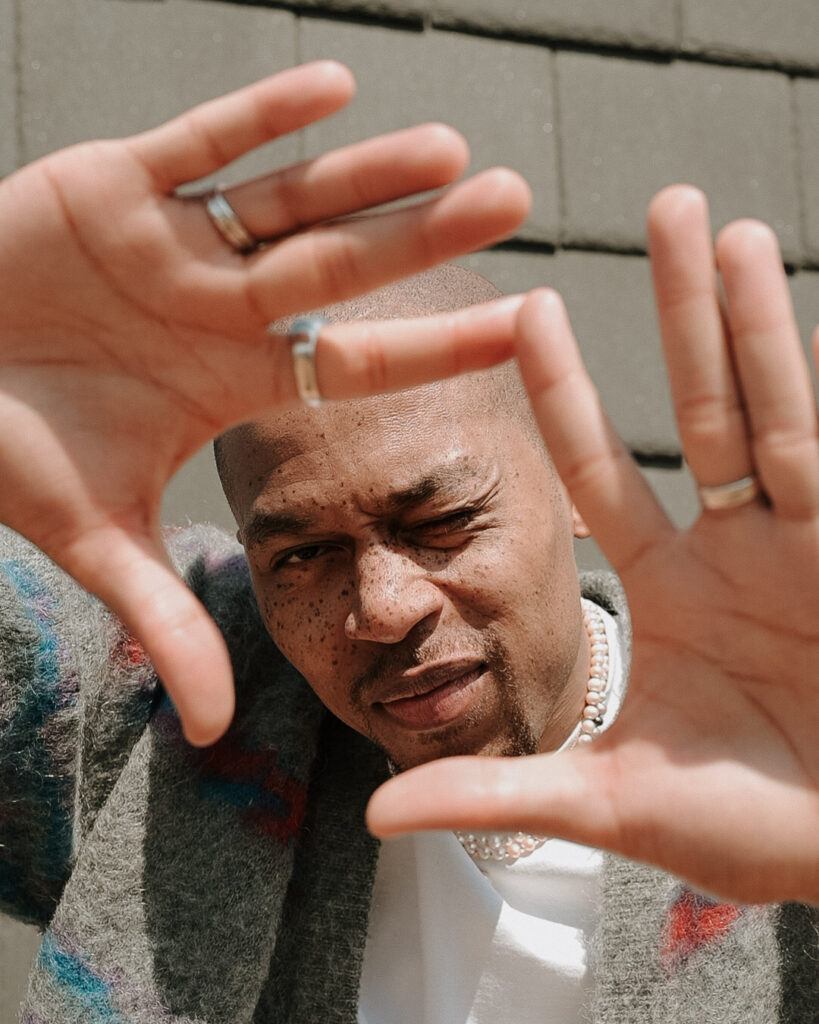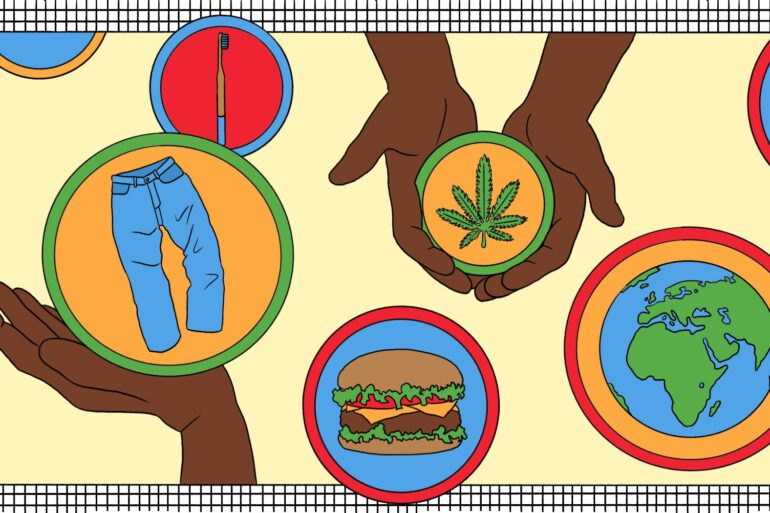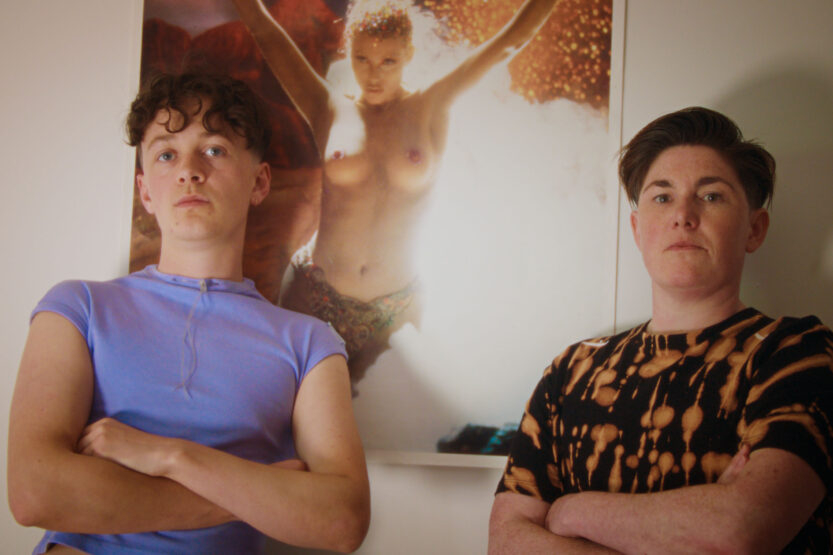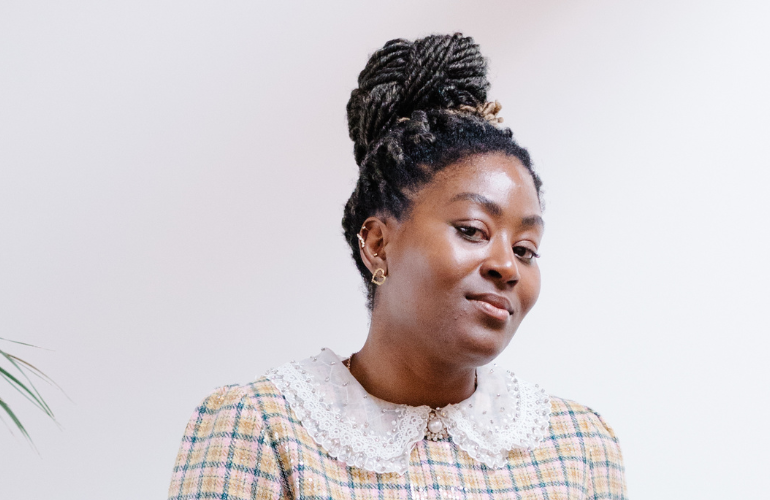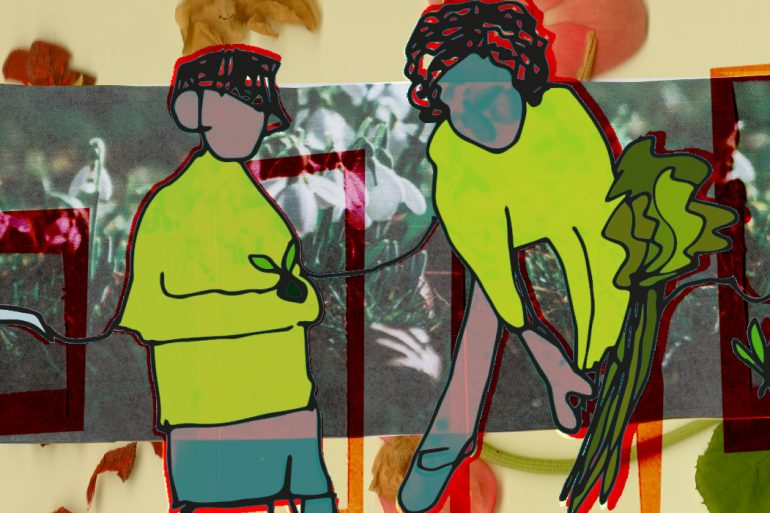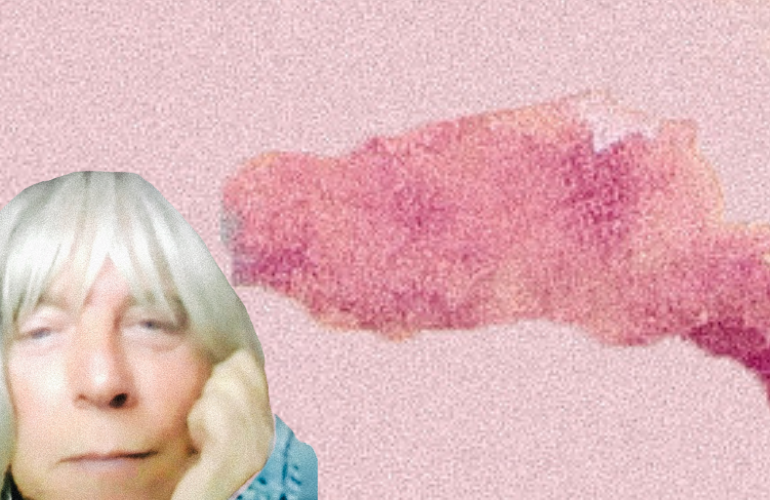I often check out when conversations around masculinity come up – largely because I do not think I fit traditional understandings of masculinity, nor do I desire to. This often makes discussions about masculinity very tedious, especially with cis heterosexual men.
But when I started to prepare for my conversation with Ben Hurst, one of the first things I came across was his TEDx talk: ‘Boys won’t be boys. Boys will be what we teach them to be.’ His powerful perspective on masculinity forced me to face my preconceptions and interrogate how I see young boys and their expressions of masculinity.
From the very beginning of our email exchange to our actual conversation, I could tell Ben was going to be an intriguing person to talk to. His enthusiastic replies showed a childlike excitement that carried over to our discussion. This excitement rubbed off on me, making me genuinely thrilled to speak with him.
Surprisingly, I felt a level of comfort that’s rare for me around cis heterosexual men I haven’t known for years. I was curious about this comfort and exploring it became a significant part of our conversation.
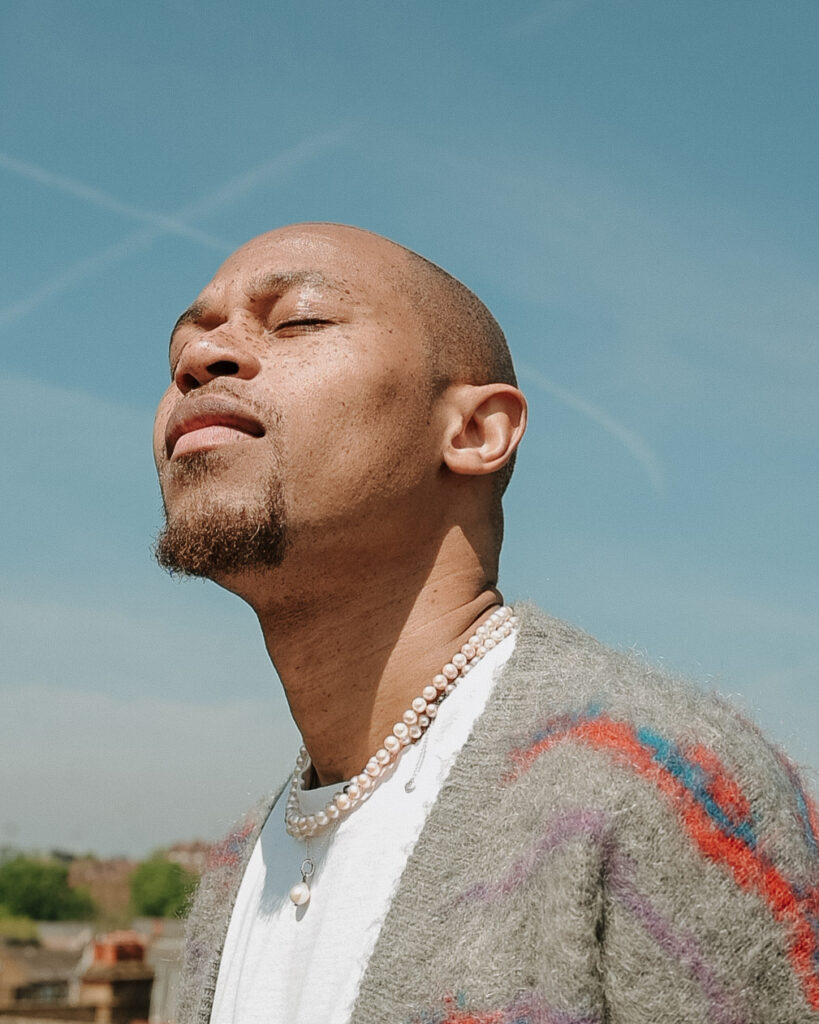
Maintaining boyhood: Against the adultifying of young boys
In combating toxic masculinity, examining how we approach the issue is crucial. During his TEDx talk, Ben pointed out that the root of the problem lies not with boys themselves but with the men they become.
This observation emphasises the deliberate and significant use of the term “boyhood” by Ben, highlighting the distinction between this formative stage and the subsequent transition to manhood. Unfortunately, the opportunity for young boys to navigate this transformative journey is often lacking.
This often results in boys becoming men who lack awareness of the consequences of their actions. Some who grasp the problems fall into the trap of “benevolent violence,” where they act positively based on a learned script of masculinity instead of genuinely developing into well-rounded contributors to society.
Having grown up in a faith-based community, Ben was acutely aware of discussions surrounding what he calls the “age of accountability.” These conversations revolve around the point at which we are “responsible, and in charge of the decisions you make, the person you are, and the impact you have in the world.”
Adolescence, particularly the onset of puberty, can be an overwhelming period filled with confusion. Young people often rely on societal norms to guide them through the uncertainty.
Ben and I discussed our childhood experiences dealing with uncertainties and societal expectations. As someone who didn’t fit those norms, I often stood out and became a target for other boys going through the same confusion. For Ben, it meant understanding the performances he had to put on to meet those expectations.
Ben believes society places an immense burden on boys to transition into manhood swiftly. As he explains, “a projected responsibility is placed on boys once playtime’s over, and it’s time to be a man.” This expectation generates an array of stresses and pressures, leading to actions that are not always deemed acceptable by our collective standards.
When young boys aren’t allowed to be kids and make mistakes without judgement, they struggle to learn and grow. The pressure to be men and fit societal expectations leads them to imitate negative behaviours. In a patriarchal society, we can see how these actions can be harmful.
Ben astutely observes how society tends to conflate these actions and experiences of young boys under the umbrella of manhood. “We lump all of those things into manhood and make false equivalencies between boys and men,” he explains. Typical developmental experiences that we all experience, such as engaging in risk-taking behaviours and developing empathy, are misunderstood or misinterpreted in boys because of how these manifest in men.
Ben drew attention to the gravity of this problem for Black boys, who face the additional challenge of battling the stereotype that they are inherently more prone to violence. These young boys are rarely allowed to be children and often bear the brunt of institutional violence within systems like the criminal justice system, which unjustly imposes adult expectations on them.
This often leads to an overrepresentation of Black men, and young Black boys in the prison system. Black people are four times more likely to be in prison compared to white people. Shockingly, this disparity becomes even more pronounced for those under 18, with young Black people being nine times more likely to be incarcerated than their white counterparts. As of 2020, Black offenders made up 32% of the prison population for under-18-year olds, despite the fact that Black people accounted for 13% of the whole prison population.
Society often expects young Black people to behave like adults, disregarding the fact that they are still children going through a period of growth and self-discovery that will come with mistakes. This unrealistic expectation denies them the opportunity to make mistakes and navigate the natural confusion that comes with adolescence.
Embracing grace: a path to authentic growth
At this point in my discussion with Ben, I faced a personal struggle. As a young queer boy, I had negative encounters with my peers, and other young boys specifically, which made it hard for me to understand why someone like myself is expected to endure their mistakes and be their testing ground. It was a challenge to reconcile my own experiences with where I thought Ben was heading – grace.
I shared some of my experiences with Ben, and he points out that “a big part of being a man is this idea of not making mistakes or getting things wrong or asking for help, which is such a blockage and a hindrance to learning, growing, developing and changing as a person. We put that on boys from a very young age.”
This led me to appreciate the language of boyhood as an alternative to manhood in this context. Ben’s work extends beyond young boys and encompasses older men as well, but it advocates for a deliberate slowing down of the process of prematurely assuming adult responsibilities. Instead, It calls for a return to the fundamental principles that shape boys into men, inviting critical examination and evaluation.
To achieve this, Ben emphasises the need for society to be “a lot more gracious with boys, and then extending that grace to adult men also. When you get adult men in these spaces, and you create a safe space for them to have these conversations, they just regress to the 14 year old version of themselves, anyway.”
Subscribe to shado's weekly newsletter
Exclusive event news, job and creative opportunities, first access to tickets and – just in case you missed them – our picks of the week, from inside shado and out.

This prompted Ben and me to reflect on the punitive and carceral notions that underpin our concept of justice and accountability. Our society has grown accustomed to the belief that punishment is the solution when someone makes a mistake. However, this approach hinders personal growth and prevents individuals from exploring their evolving views.
Ben noted, “We’re expecting these 12-year-olds to get it right just by memorising the correct way to do things, rather than figuring out what they think it means.” Young boys are expected to have all the right answers without being given the time or opportunity to contemplate and process difficult experiences.
This realisation reinforces the significance of Ben’s work. As he articulates, “a lot of the work we’re doing is less about the behaviour change, and more about the exploration of attitudes.” By treating boys as fallible and human, rather than disposable when they do something wrong, Ben’s approach encourages self-reflection and accountability, paving the way for genuine and lasting transformations in mindset.
This made me realise that the grace Ben talked about wasn’t just for those boys who used someone like myself as their canvas for their mistakes. It should also be extended to myself and other boys like me who didn’t fit in. An environment filled with grace would allow us to embrace our flaws, be different, and navigate our identities.
So, when Ben asks for grace, he isn’t asking it from me, he is asking it for me. I am not separate from those boys who needed that grace.
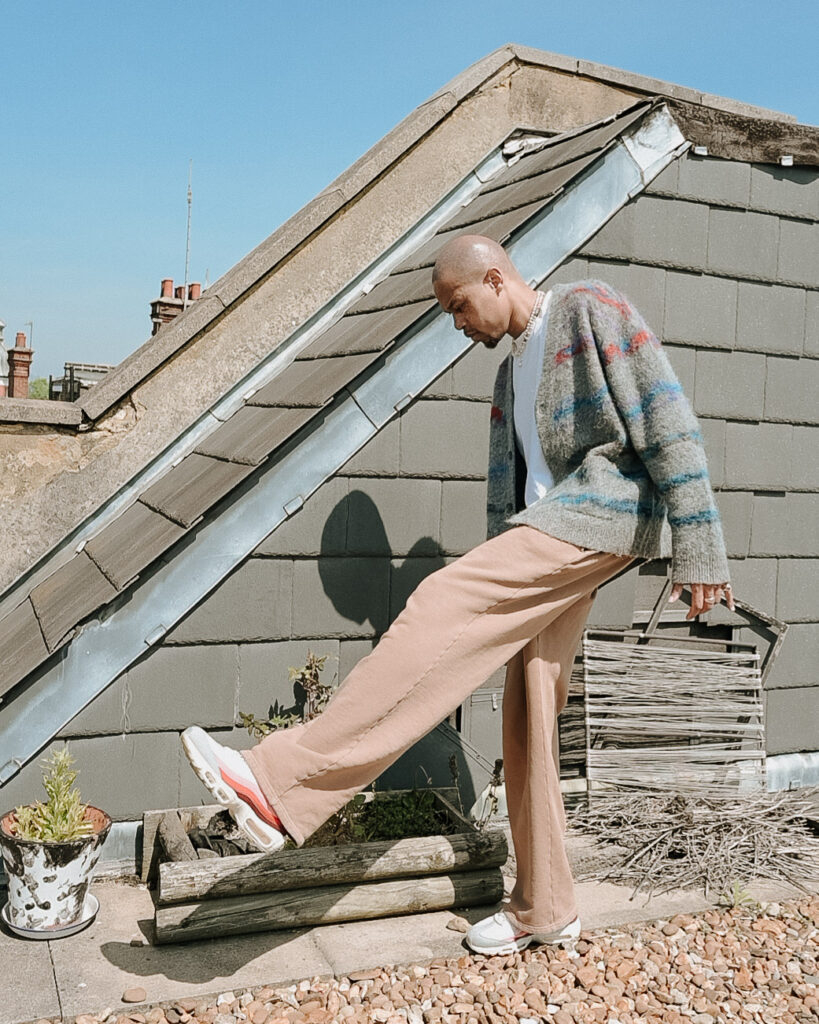
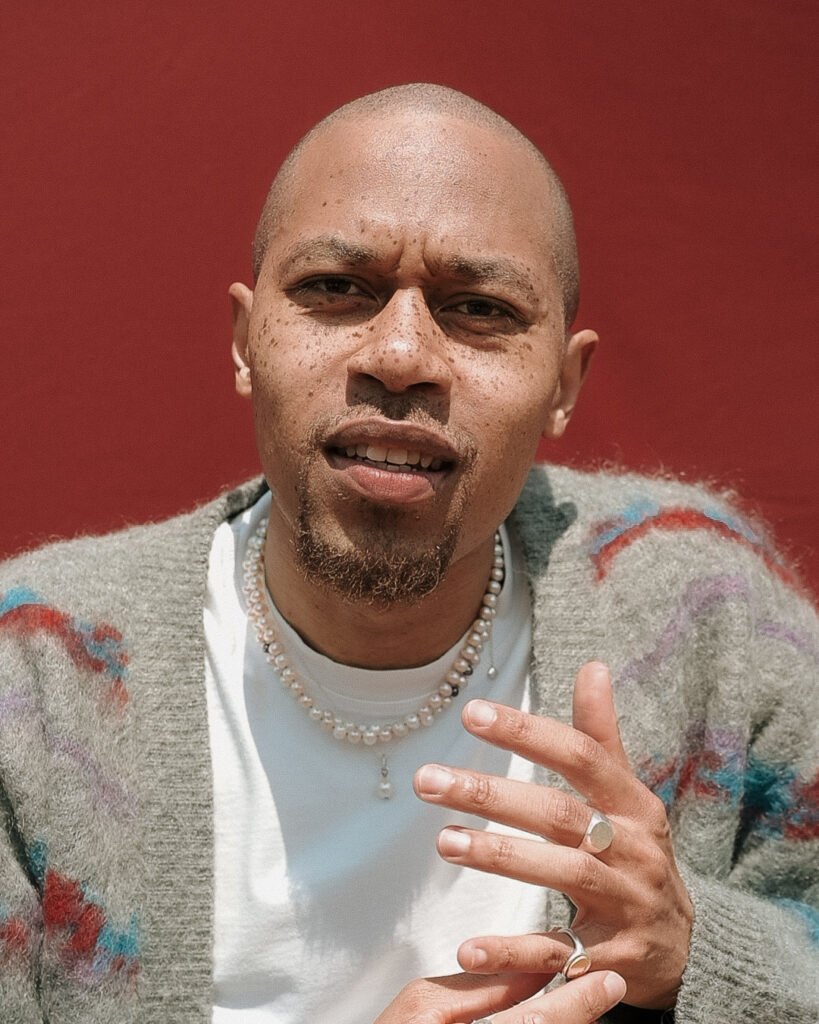
Ben’s journey to embracing queerness
Ben’s personal growth and evolving understanding of queer individuals provide concrete examples of the success of his work.
I was struck by his remarkable honesty and vulnerability in our conversation, which reflected a softness rarely encountered in discussions with heterosexual men outside my immediate social circle.
We delved into his experiences growing up in a church environment, and he openly shared his journey toward accepting queer people. Initially guided by the often-cited Christian adage of “love the sinner, hate the sin,” Ben was taught to see queerness as wrong and a sin, but still show love to queer people. With prayers and hopes, it is believed that the queer person would eventually change their ways.
Ben’s path led him to work alongside queer and intersectional feminists. Here, he was allowed to have open discussions and interrogate his beliefs.
These encounters prompted him to confront the violence inherent in his beliefs and dismantle the resulting queerphobia. He acknowledges and credits “a lot of the thinking and understanding of this to the queer men, queer people, non-binary people who I’ve come into contact with in my time working in Beyond Equality.” Ben recognises their influence on his thinking and understanding, but this has come with him having the safe space to interrogate his beliefs with them through conversations and workshops.
Consequently, he ensures that his workshops and sessions with young boys and men are devoid of heteronormative biases. He rightly contends that “we often have these conversations as though there are no queer people that are in the room at the moment,” and they should not be overlooked. Although challenging and complex, these conversations remain crucial in creating inclusive spaces that do not alienate or compromise safety.
His commitment to confronting queerphobic thinking in his session and within these conversations extends beyond mere shutdowns; he encourages boys and men to examine their thought processes critically.
I deeply resonated with Ben’s reflections. Growing up queer in a religious environment, I too had to unlearn many things about queerness, despite being queer myself. Thankfully, I’ve had the opportunity to explore queer theories academically and have open conversations with friends and family, both queer and non-queer. These discussions have allowed me to express my views, and expand my understanding of queerness.
I was reminded that the grace Ben seeks for men is not exclusive to them, but a grace we all require.
“Patriarchy is shit for everyone”: Exploring the intersection of homophobia, wellbeing, and sexual pleasure
As Ben aptly puts it, “patriarchy is shit for everyone.” He highlights the detrimental impact of normative thinking, perpetuated by the failure to deconstruct traditional views of masculinity, on the overall wellbeing of men.
He draws attention to the fact that “even when we just think about male sexual pleasure, there are so many elements of sexuality that a man just doesn’t explore or experience because of fear of being perceived as something outside of who he is.”
This doesn’t dismiss the clear advantages that men gain from a patriarchal system or the violence they may perpetuate due to the power imbalances it creates. However, this highlights that clinging to these benefits also comes at a cost to men’s own lives and experiences.
Ben believes the influence of pornography further compounds these issues, as it often lacks discussions on contraception, consent, and the negotiation of sexual pleasure. It imposes a male gaze that prescribes rigid roles for men in sexual encounters, often failing to align with authentic experiences of pleasure.
One area where these dynamics are particularly apparent is in solo sexual experiences. Ben believes that masturbation is often seen as a substitute for sex rather than an act of self-pleasure. By reframing these perspectives, encouraging self-care, and embracing pleasure as an essential component of sexuality, Ben advocates for a more liberated approach to sexual experiences. Ben encourages men to “light some candles, have a bath, enjoy yourself, and make it about you.”
I don’t believe that many people in our society fully explore and embrace the pleasures of sex, whether alone or with a partner. This is not solely an issue specific to (straight) men.
Pornography and societal norms have disconnected sex from being a bodily experience. It’s less about being present and truly experiencing pleasure with ourselves or others. Instead, it becomes about proving ourselves, meeting expectations, and focusing on achieving orgasm.
Conversations surrounding sex also often carry a sense of shame because we tend to avoid the vulnerability that sex entails. As Ben points out, “For heterosexual men, there’s nothing more vulnerable than having your legs spread. Not even just explicitly in a sexualised way. But there is a reason why so many men don’t find out that they’ve got prostate cancer until way too far gone – because we don’t want guys sticking their fingers in our butts.”
Ben highlights the connection “between your own wellbeing and your homophobia.” Homophobia is not solely about sex; it can impact our overall health too.
I find it ridiculous that we have a separate label, like “metrosexual,” for men who take care of themselves and prioritise their appearance. It’s like they want to distance themselves from being associated with homosexuality, as if straight men can’t care for themselves too.
As Ben delved deeper into these ideas, he discovered more personal freedom to explore his well-being and sexuality. For him, this freedom isn’t about abandoning conventional practices, but rather embracing sexual experiences that bring genuine pleasure, without being constrained by prescribed norms and doctrines.
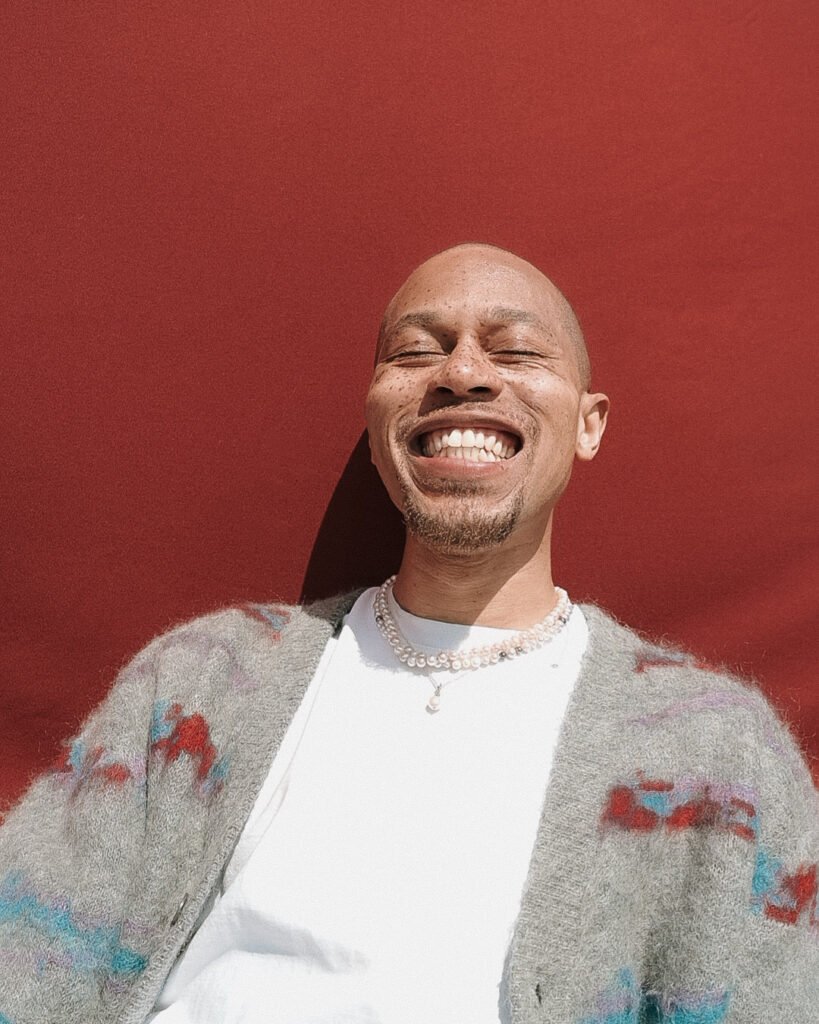
Engaging in conversations on these subjects can inevitably be uncomfortable. Boys and men experience discomfort as they confront societal norms that diverge from their conditioned thinking. It’s also experienced by facilitators like Ben, who must navigate the challenging ideas expressed by the boys and reframe their perspectives.
Discomfort also arises for women and queer individuals who interact with these boys, forcing them to confront the fact that boys, despite their missteps, remain fallible human beings. We must recognise that young boys are not inherently bad people, even when their actions are bad.
Admittedly, not everyone is equipped or ready to sit with such discomfort, which is entirely acceptable. It is not the responsibility of all individuals to engage in these uncomfortable conversations. However, Ben’s work holds immense relevance within this space. We stretch our boundaries, expand our minds, and foster personal growth through navigating discomfort.
Ben’s work advocates preserving boyhood, challenging the premature maturity imposed on young boys. Ben provides a platform for boys and men to authentically navigate their growth by encouraging grace, introspection, and exploration of attitudes.
Additionally, his commitment to dismantling homophobia and promoting inclusive conversations surrounding queerness contributes to a more comprehensive understanding of masculinity.
By addressing the intersections of wellbeing, sexual pleasure, and normative thinking, Ben invites us to reconsider conventional ideas and embrace personal agency and fulfilment. Ultimately, these uncomfortable conversations catalyse growth and progress in our society.
To quote an article on Masculinity, Power and Love: “After all, what do we achieve if all we can say is that “all men are shit?” Because the truth is yes, they can be shit, but it’s possible for them not to be, and we have to start looking at the ways that can happen.”
Ben’s commitment to promoting inclusive conversations surrounding queerness reshapes our understanding of masculinity.
As we delve into discussions about wellbeing, sexual pleasure, and societal norms, Ben invites us to reevaluate our views on young boys and our overall societal approach to their growth.
I’ll admit, it’s hard for me to show grace to young boys who didn’t show it to me. But I’ve realised that my growth came from being gracious with myself. Punishing those boys won’t change my experiences or their mistakes. Now, the question is: How do we create a better society? Being more gracious towards them may be the key to transformation.
What can you do?
- Read The Will to Change by bell hooks
- Read more of Adebayo’s work on shado
- Read The Devil Finds Work by James Baldwin
- Follow Ben on Instagram and Twitter
- Check out Beyond Equality
- Read The Ethical Slut by Janet W. Hardy and Dossie Easton
- Watch the TEDx Talk, Boys won’t be boys. Boys will be what we teach them to be by Ben Hurst
